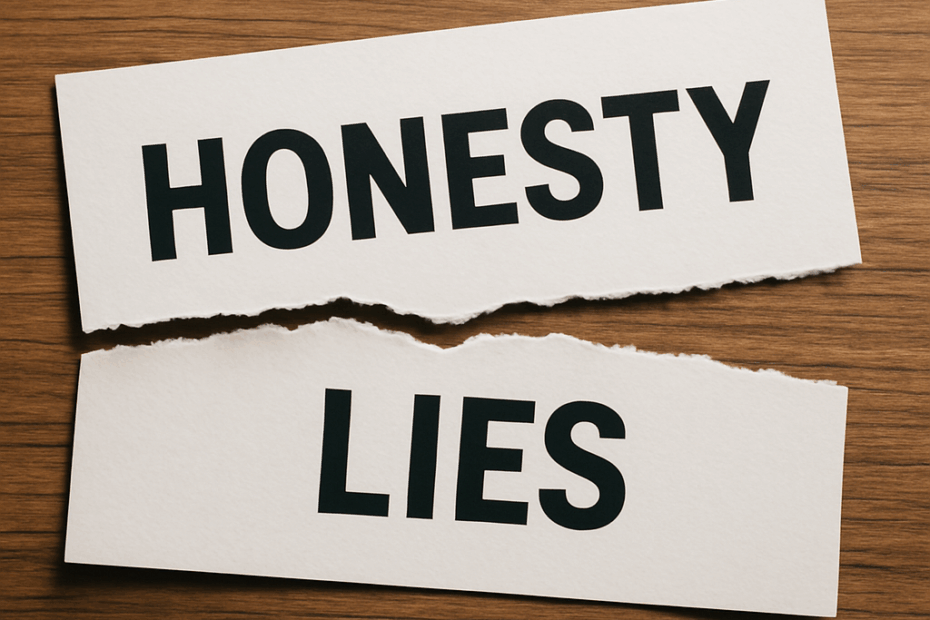The Problem with Misleading Job Postings
After 20 years in IT, I have seen both sides of dishonesty in hiring. On the employer side, misrepresentation is becoming common.
You get an interview, and then the truth comes out.
• The pay is half of what was advertised.
• The “remote” job requires you to be in the office three days a week.
• Or the role turns out to be completely different from what was promised.
That is how I, with two decades of experience in the computer field, ended up interviewing for a life insurance sales job. I had no interest in that type of work, yet here we are.
The Resume Inflation Issue
Dishonesty is not one-sided. Many job seekers inflate or fabricate their resumes. I have seen people claim 20 or 30 years of experience with technologies that have existed for less than ten. Others throw around made-up technical terms to sound impressive.
Unfortunately, to a non-technical recruiter, those candidates can look like a perfect fit. In reality, they are just skilled at pretending.
The Cost of Lying in Hiring
It raises a serious question. Are honest people being left behind?
I am direct, sometimes even blunt, but I refuse to lie about my background. I could never claim that “I invented Microsoft” or “I can fly,” even if that somehow made me more marketable. Yet it makes me wonder if honesty is now a disadvantage.
Research shows how deep this problem goes:
• 70% of workers admit to lying on their resumes, and 37% do it often. (Forbes, 2023)
• 80% admit they have lied during job interviews. (Forbes, 2023)
• 41% of those caught lying had a job offer rescinded or were fired. (ResumeBuilder, 2023)
• 36% of hiring managers admit they lie to candidates about the role or company. (ResumeBuilder, 2024)
• 70% of hiring managers say they lie to make a job sound more appealing. (Forbes, 2024)
• 55% say employees later quit after realizing they were misled. (Forbes, 2023)
The Integrity Gap
Both sides are creating an integrity gap. Some people exaggerate to get noticed, while honest applicants lose opportunities because their truth sounds less impressive. Recruiters who lack technical knowledge often struggle to tell the difference.
Lying may seem to work in the short term, but it eventually destroys trust, hurts reputations, and leads to turnover.
Why Honesty Still Matters
Despite how tempting it might be to play the same game, I believe honesty still wins in the long run. It builds real connections, fosters respect, and leads to lasting success.
It may take longer to reach the right opportunity, but when it happens, it will be because of who you are, not what you made up.
What do you think? Are honest candidates at a disadvantage today?
